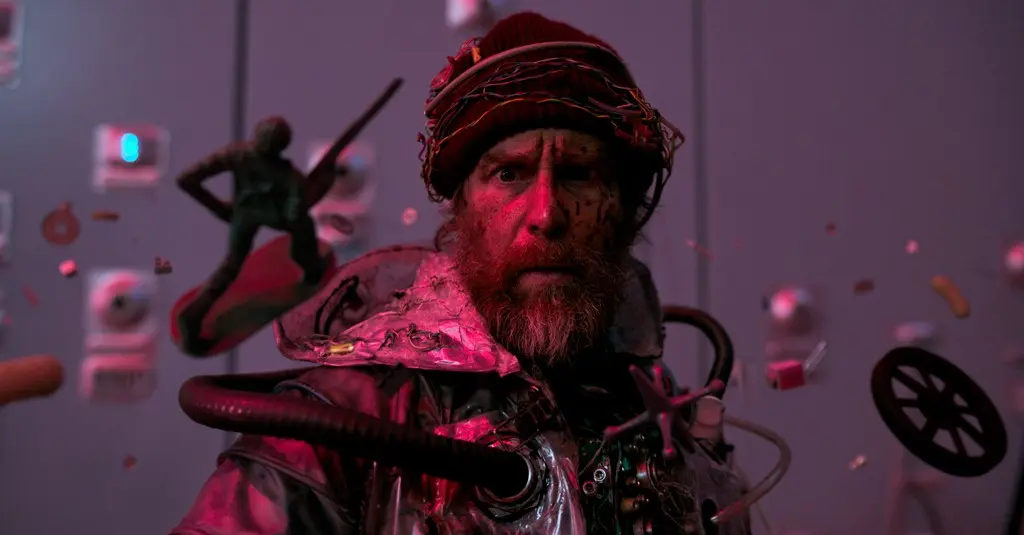On March 5, 2002, practitioners of the spiritual discipline Falun Gong hacked China’s state-run television in order to broadcast videos exposing their persecution by the Chinese Communist Party (CCP). The CCP condemned the act as a hijacking by “enemies of the state.”
|Updated:





